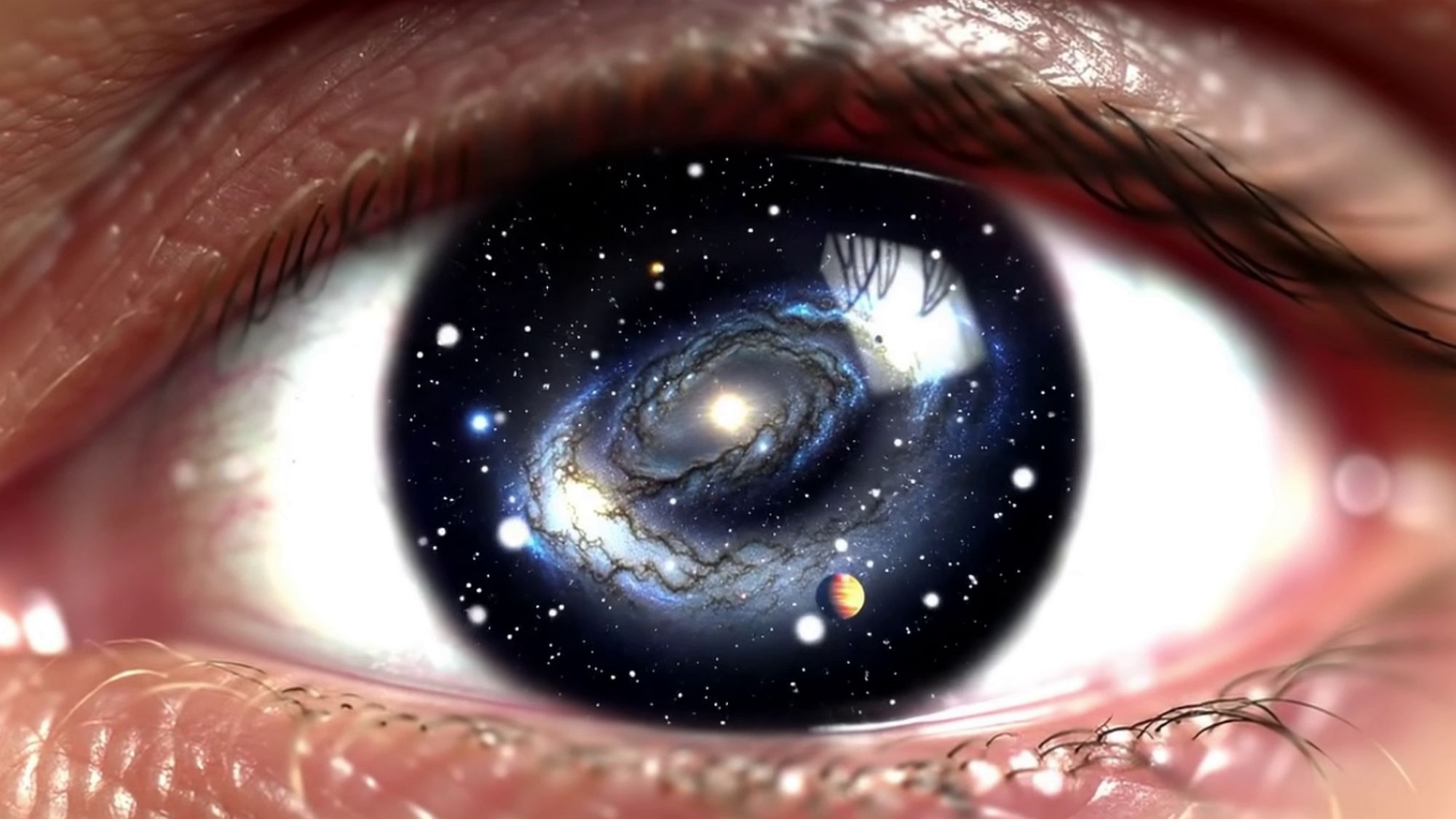“The Implications of the Discovery of Extraterrestrial Life for Religion.”, Ted F. Peters 2011, Philosophical Transactions of the Royal Society A
This is a summary written by Erich Habich-Traut for the Contact Project, 2021

The implications of the discovery of extraterrestrial life for religion. Theologian Ted Peters wrote about the future of religion. He asked the following questions:
Will confirmation of extra-terrestrial intelligence (ETi) cause terrestrial religion to collapse?
Ted Peters decided to challenge conventional wisdom a few years ago. Along with his Berkeley research assistant, Julie Louise Froehlig, he devised a survey: the Peters ETI Religious Crisis Survey:
Would the discovery of an extraterrestrial civilization cause a crisis in religious beliefs? Peters surveyed evangelical, Protestant, Catholic, and Orthodox Christians, and also Mormons, Jews, Buddhists, and Atheists:

‘No’ is the answer based upon a summary of the ‘Peters ETI Religious Crisis Survey.’ The discovery of an extraterrestrial civilization would not cause a crisis in religious beliefs.
When we turn away from one’s own personal beliefs and ask respondents to forecast what will happen to the world’s religions, including beliefs other than one’s own, something startling is revealed:

What the survey question above shows is the conventional wisdom of non-religious persons. They make a prediction about what will happen to religious persons: Atheists believe that religions will face a crisis.
Conversely, the Peters survey shows evidence that religious believers themselves do not fear that contact with ETI will undercut their beliefs or precipitate a religious crisis.
Then the paper examines four specific challenges to traditional doctrinal belief likely to be raised at the detection of ETI:
(ii) What is the scope of God’s creation?
This entire universe can be viewed as the product of God’s creative power and loving grace.
(iii) What will be the moral character of the alien intelligences we meet?
Will our extra-terrestrial neighbours be subject to sin? Will they have fallen, so to speak? Or, might the aliens have escaped the scourges that plague us here on Earth?
(iv) Is one earthly incarnation in Jesus Christ enough for the entire cosmos, or should we expect multiple incarnations on multiple planets?
What theologians agree on is that the incarnation we have witnessed within our own planetary history is that of the divine Logos, the divine mind through which everything in physical reality has come into being. They presume continuity between this incarnation and whatever exists despite its distance from us.
(v) Will contact with more advanced ETI diminish human dignity?
Suppose we Earthlings begin to recognize that we are outclassed by our superior space neighbors. Might we lose our dignity?

The existence of a more advanced extrasolar civilization does not preclude our being an object of divine concern. Contact with alien intelligence will not disenfranchise us from being created in God’s image.
The belief that God has revealed himself in a supreme way, frees one to look for that which is of God outside that particular revelation. Christians should expect to learn new things about God from an encounter with aliens.
Conclusion
Contrary to popular belief, it is implausible to predict that any of Earth’s major religious traditions will face a crisis, let alone collapse, if we confirm an encounter with extraterrestrial intelligence.

Ted Peters believes that contact with extraterrestrial intelligence will expand the existing religious vision that all of creation—including the 13.7 billion-year history of the universe replete with all of God’s creatures—is the gift of a loving and gracious God.
Reference:
Philosophical Transactions of the Royal Society: https://www.academia.edu/14721074/_The_Implications_of_the_discovery_of_extra_terrestrial_life_for_religion_Royal_Society_presentation_and_article
Ted Peters biography:
http://mttaborslc.org/ted-peters
